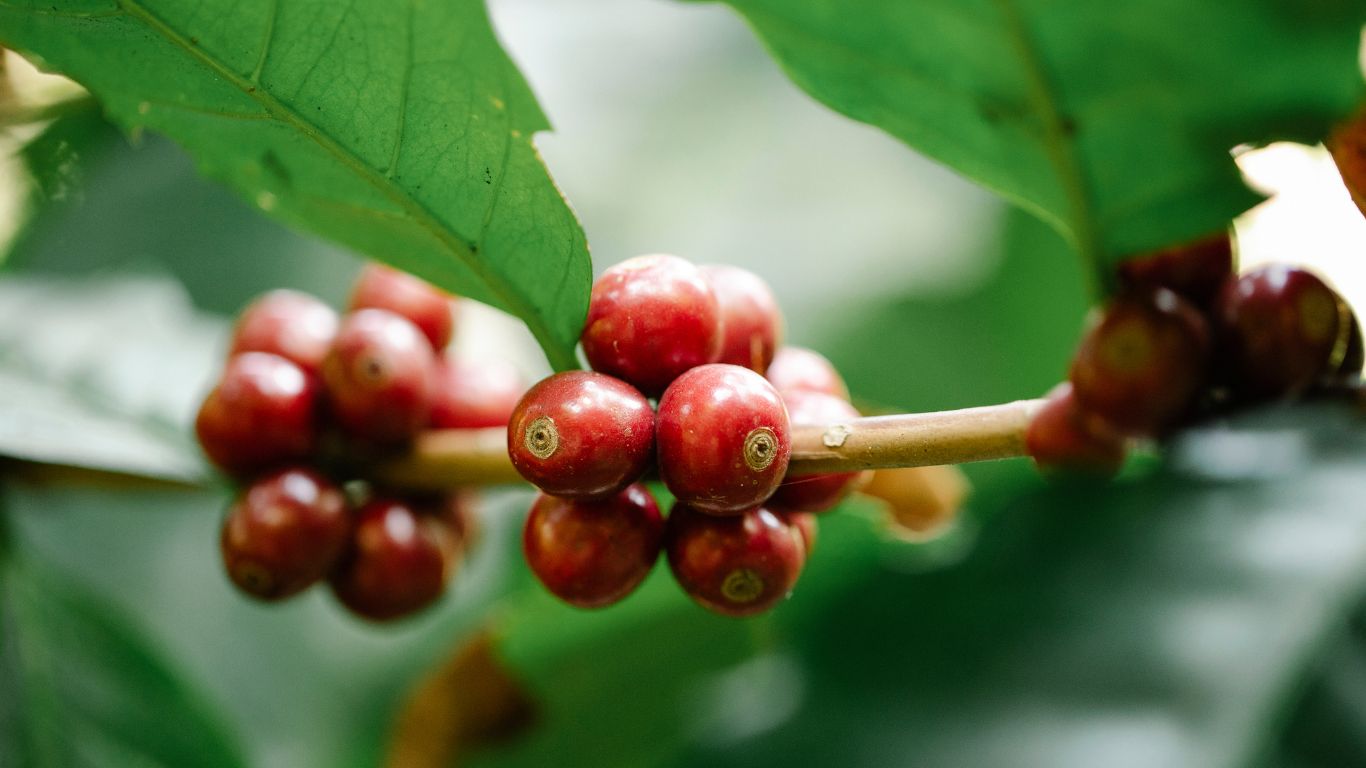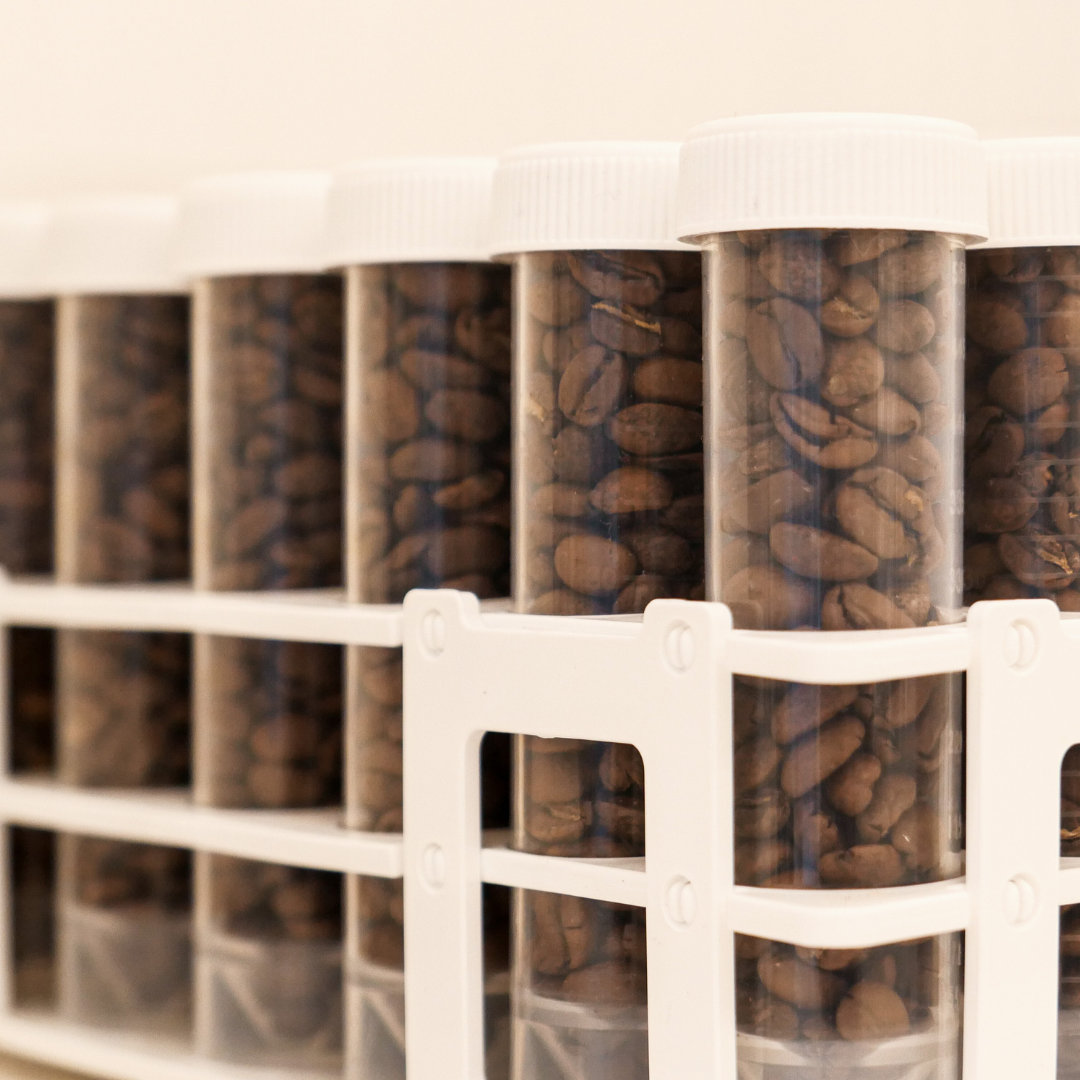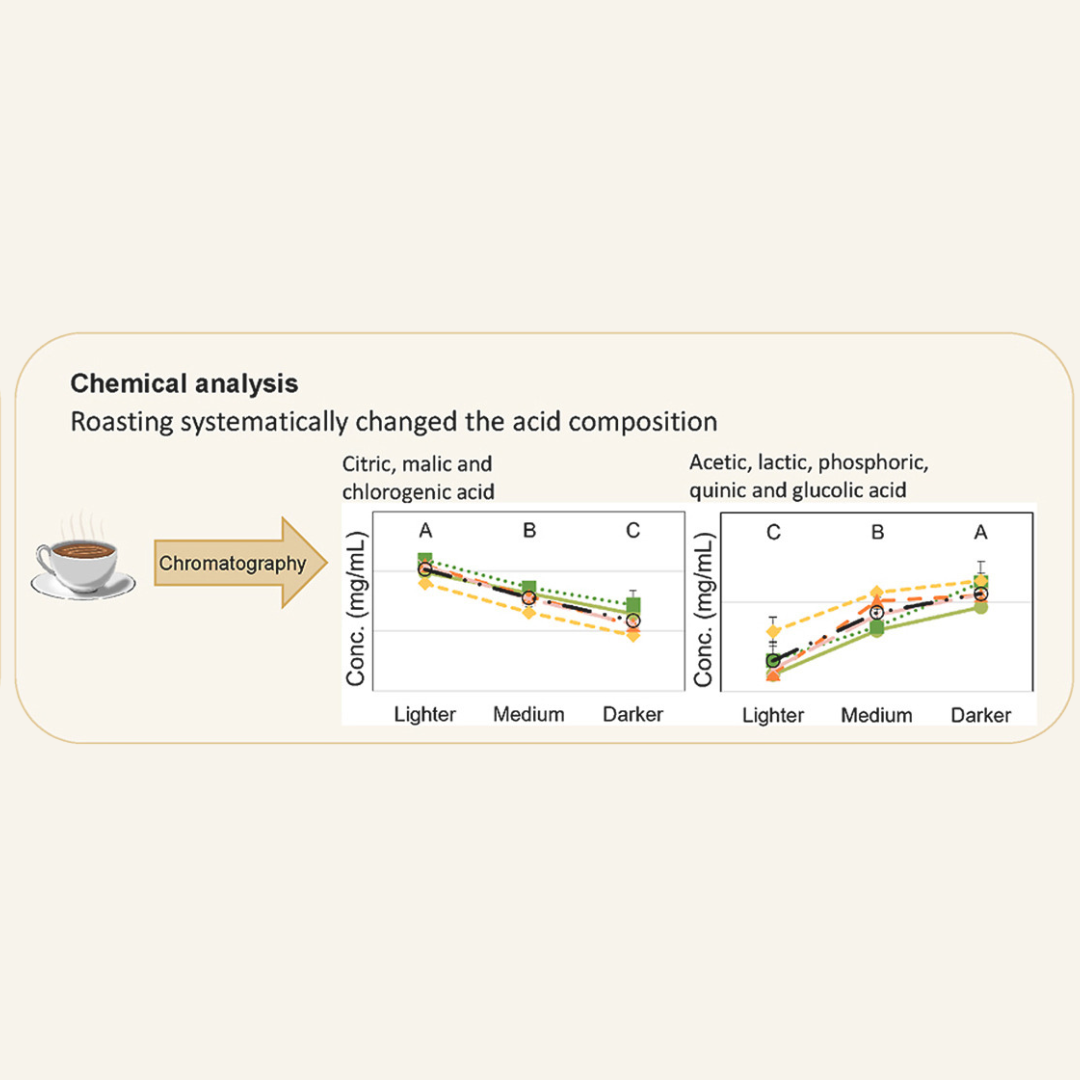Naturally Decaffeinated Coffee
Posted by Nate Lee on
Exciting news from Brazil! Researchers at the Instituto Agronômico de Campinas (IAC) are making significant progress in their mission to develop coffee plants with low to no caffeine content. This groundbreaking study, spanning over two decades, aims to revolutionize the decaffeinated coffee market.
Last week, the government of São Paulo revealed that the results of this research could have a profound impact on the commercialization of decaf coffee in key markets like the United States and Europe. Decaffeination is achieved through industrial processes involving water-based or chemical solvent methods.
The IAC, a prominent institution in coffee agronomy with a rich 135-year history, spearheads this endeavour. They have played a pivotal role in developing coffee plants, with around 90% of coffee plants in Brazil and 70% globally being attributed to their work.
The IAC researchers are now cultivating hybrid coffee plants, resulting from crosses between different varieties, hoping to yield naturally low-caffeine coffee. However, it will take at least two to three years for the plants to bear fruit and for the researchers to assess the caffeine levels in the seeds. The trials are being conducted at various locations throughout Brazil, the largest coffee-producing country in the world. If successful, certain cultivars may eventually be produced on a commercial scale, opening new possibilities for the decaffeinated coffee market.
According to a recent Market Research Future (MRFR) report, the global decaffeinated coffee market is projected to reach a value of approximately US$26.2 billion by 2027, with a compound annual growth rate of 4.45%. This underscores the immense potential and market demand for low-caffeine coffee.
Stay tuned for further updates on this exciting research that could reshape the future of decaf coffee and provide coffee lovers with even more options to savour their favourite brew.
Last week, the government of São Paulo revealed that the results of this research could have a profound impact on the commercialization of decaf coffee in key markets like the United States and Europe. Decaffeination is achieved through industrial processes involving water-based or chemical solvent methods.
The IAC, a prominent institution in coffee agronomy with a rich 135-year history, spearheads this endeavour. They have played a pivotal role in developing coffee plants, with around 90% of coffee plants in Brazil and 70% globally being attributed to their work.
The IAC researchers are now cultivating hybrid coffee plants, resulting from crosses between different varieties, hoping to yield naturally low-caffeine coffee. However, it will take at least two to three years for the plants to bear fruit and for the researchers to assess the caffeine levels in the seeds. The trials are being conducted at various locations throughout Brazil, the largest coffee-producing country in the world. If successful, certain cultivars may eventually be produced on a commercial scale, opening new possibilities for the decaffeinated coffee market.
According to a recent Market Research Future (MRFR) report, the global decaffeinated coffee market is projected to reach a value of approximately US$26.2 billion by 2027, with a compound annual growth rate of 4.45%. This underscores the immense potential and market demand for low-caffeine coffee.
Stay tuned for further updates on this exciting research that could reshape the future of decaf coffee and provide coffee lovers with even more options to savour their favourite brew.



